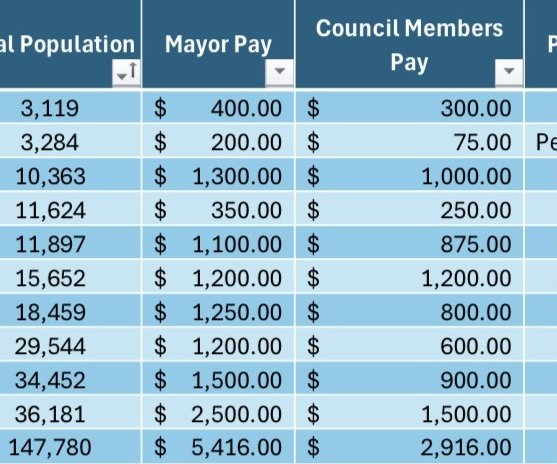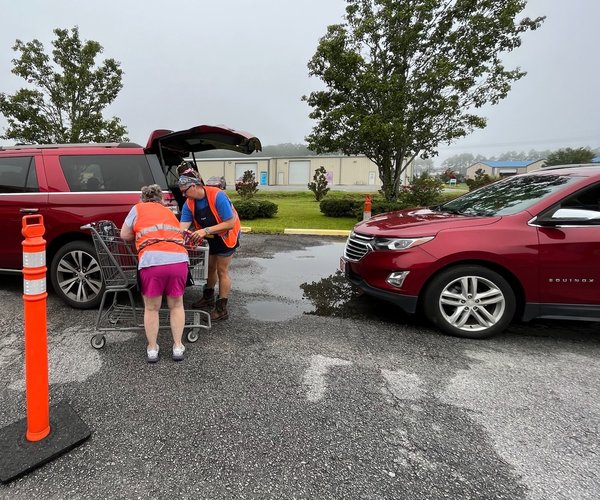By Barbara
Augsdorfer, Editor for the Effingham Herald
Springfield, County officials update residents on industrial odor issue in Ebenezer
EPA is monitoring air quality





